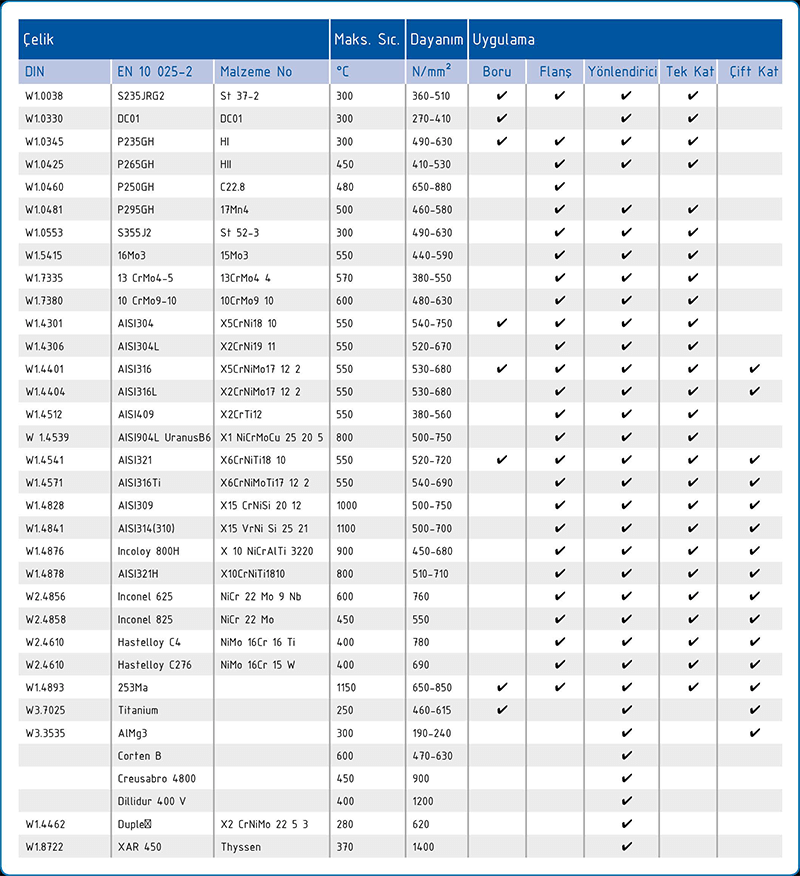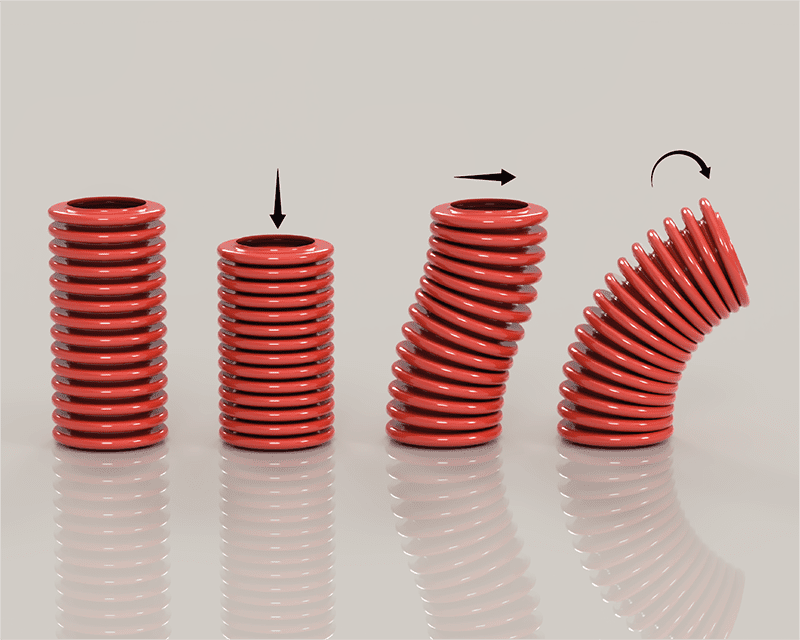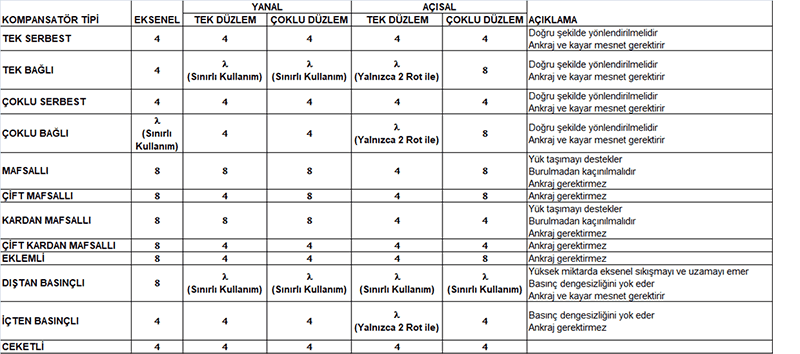ÇOK KATMANLI KOMPANSATÖRLER
These expansion joints are made of one single bellows element with end connections.
Regardless of accessories, such as liners and covers, this model absorbs all of the movements in any one length of piping but it is mainly used to absorb axial movements.
It does not restrain pressure thrust so adequate anchors and guides must be provided and they can be used only in piping systems that incorporate correctly designed anchors
and pipe alignment guides.
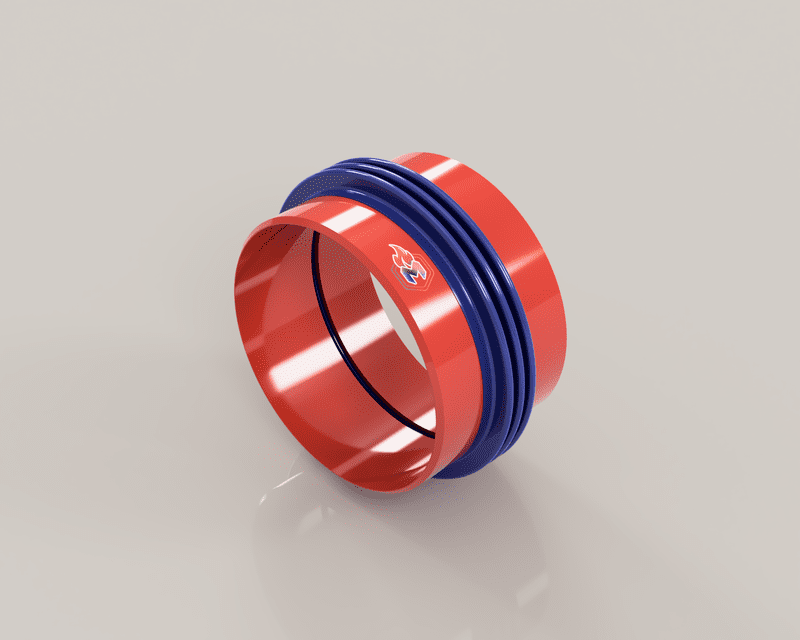
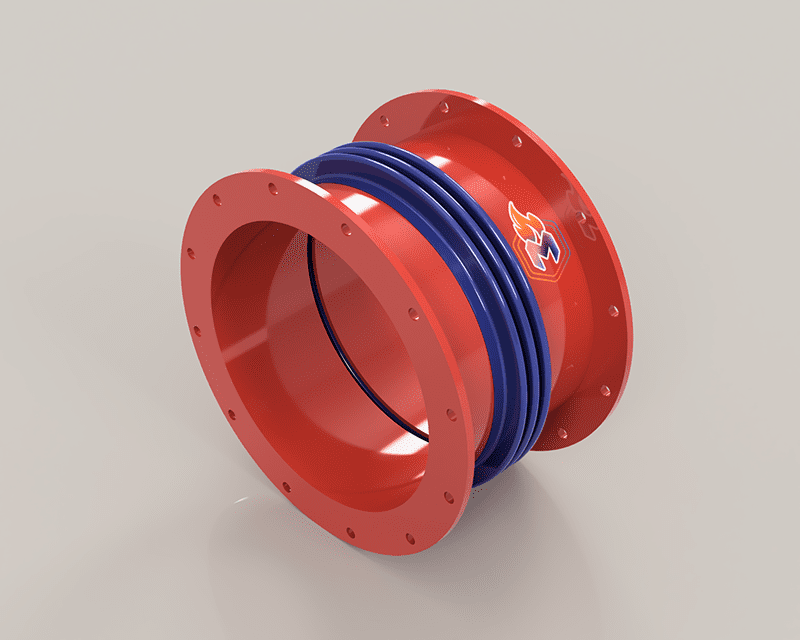
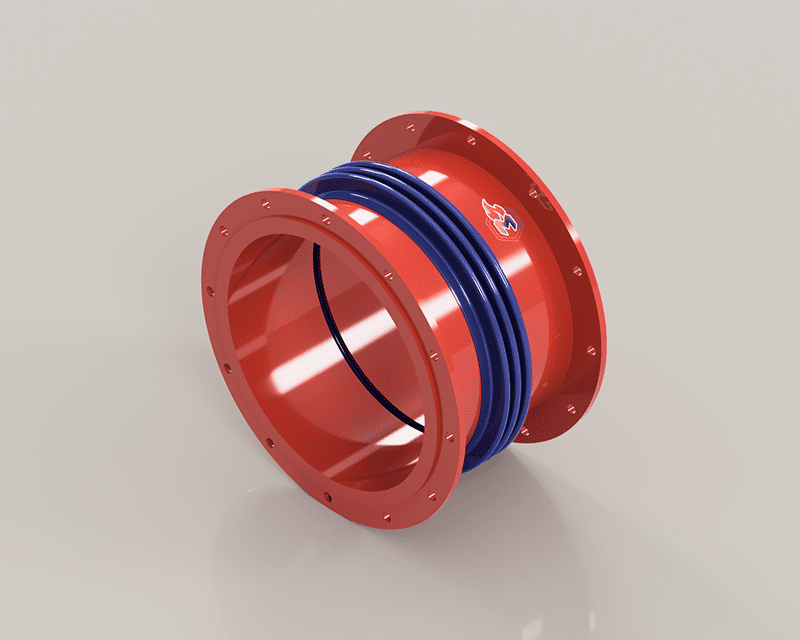
These expansion joints are made of one single bellows element with end connections plus a tie rod system.
Regardless of accessories, such as liners and covers, this model absorbs all types of movements in any length of piping but it is mainly used to absorb axial movements and small
amounts of lateral movement.
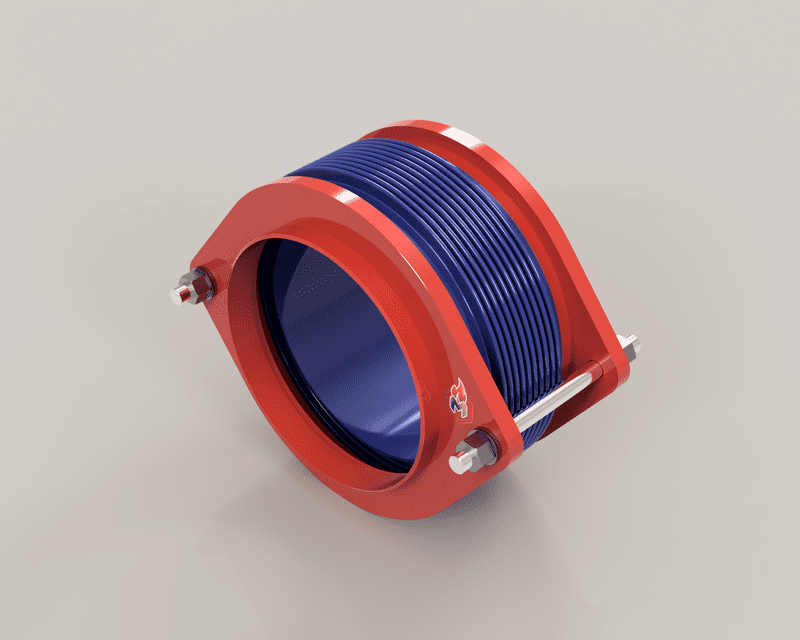
MSTW
Weld End
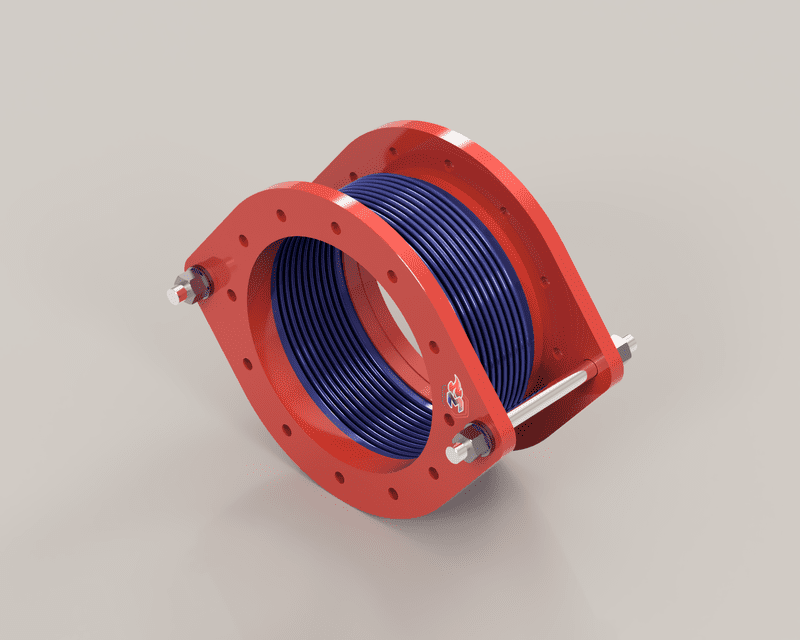
MSTF
Flanged
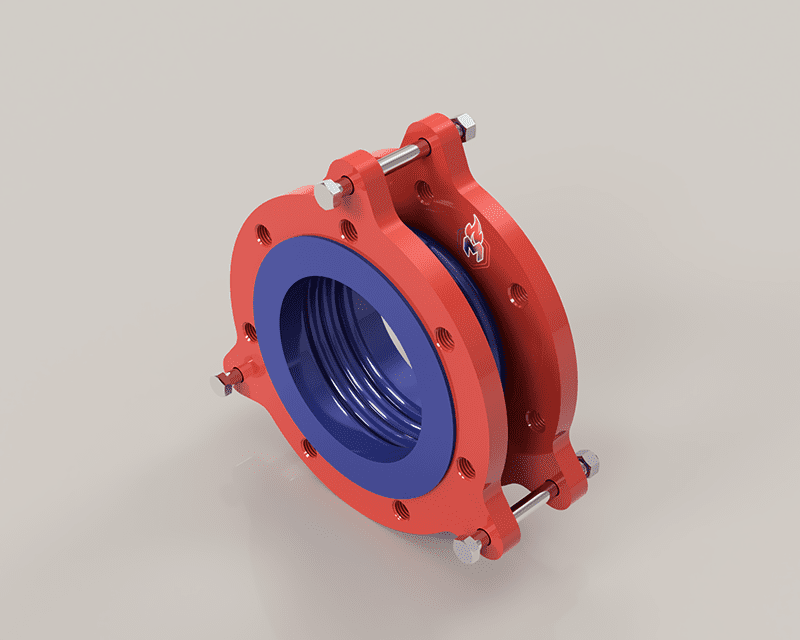
MSTF-V
Vibration Absorber

MSTR
Floating Flanged
Also known as the universal un-tied expansion joint this model is made up of two bellows joined together by a central pipe.
Although it can be used to absorb any combination of the three basic movements it is mainly used to absorb large lateral movements.
The amount of lateral deflection that can be accepted is a function of the degree of angulation each bellows can absorb and the distance between the bellows or
length of the central pipe.
It does not restrain pressure thrust so adequate anchors and guides must be provided and they can be used only in a piping systems that incorporate correctly
designed anchors and pipe alignment guides.
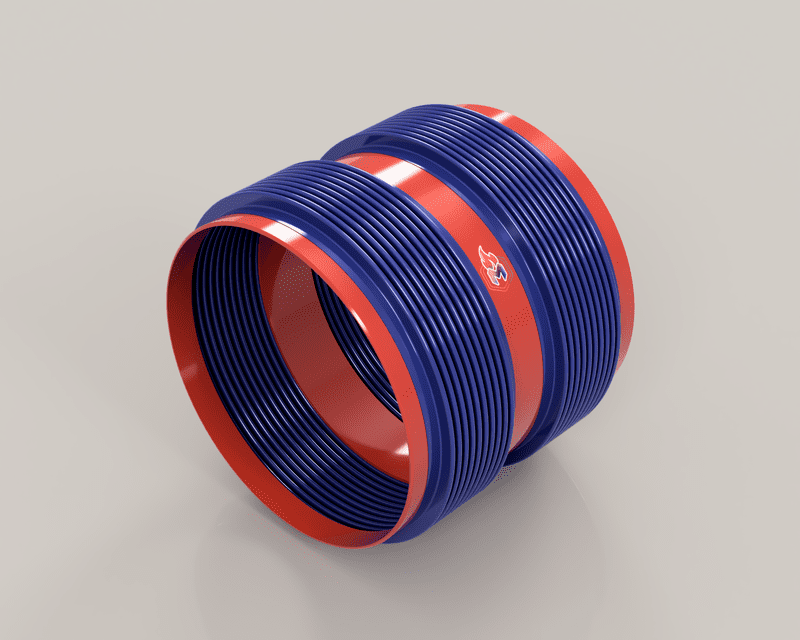
MUUW
Weld End
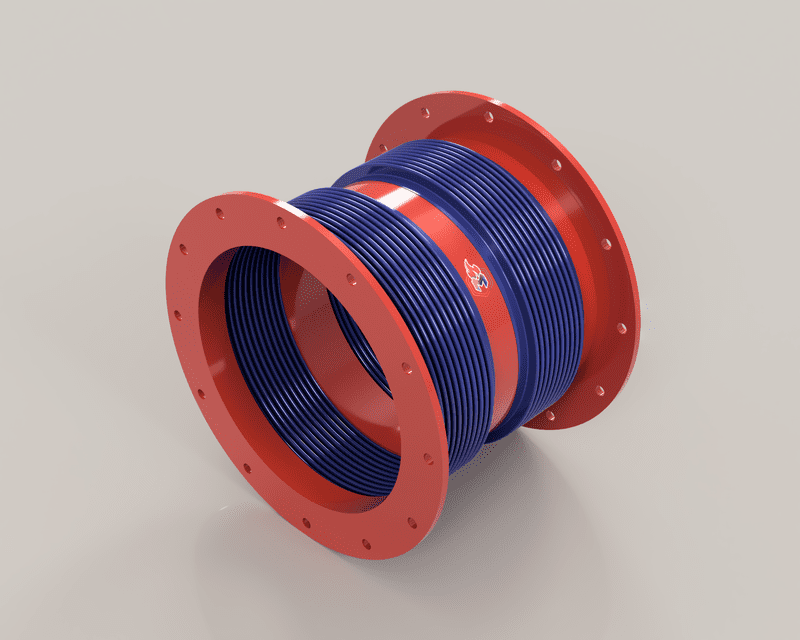
MUUF
Flanged
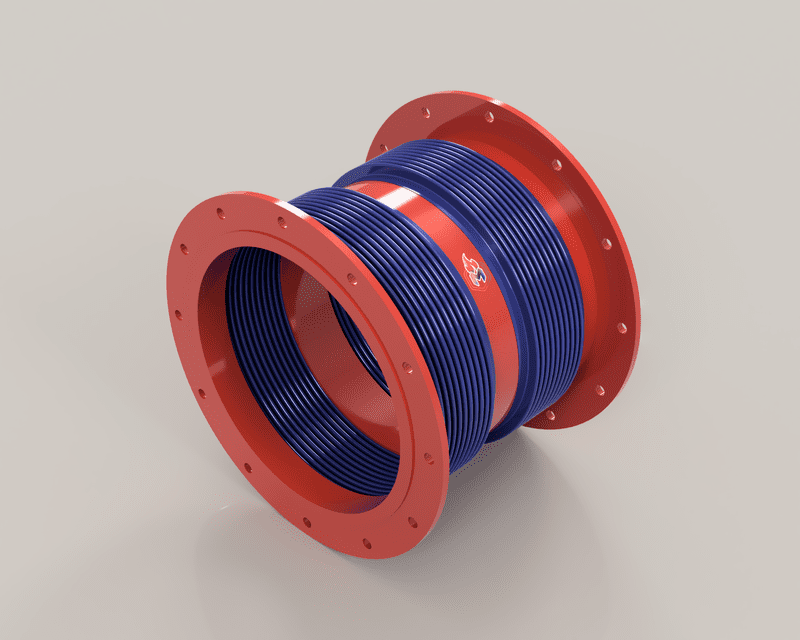
MUUR
Floating Flange
This model is made up of two bellows joined together by a central pipe and a system of tie rods able to withstand the thrust produced by the internal
pressure.
This model is used to absorb lateral movements in all planes. In addition and with a special design and/or positioning of the tie rods system this type may
be used to absorb some axial and angular movements*.
The tie rods are provided in sets of two or more, equally distributed around the circumference of the expansion joint. When the Expansion Joint is supplied
with 2 tie rods at 180 degrees, the expansion joint is free to deflect angularly and laterally. With three or more tie rods only lateral deflections are possible.
The amount of lateral deflection depends on the amount of angulation each bellows can absorb and the length or the central pipe. The amount of lateral
deflection capability can be increased or decreased by simply changing the length of the spool pipe and the thermal expansion of the central pipe is taken by the bellows elements.
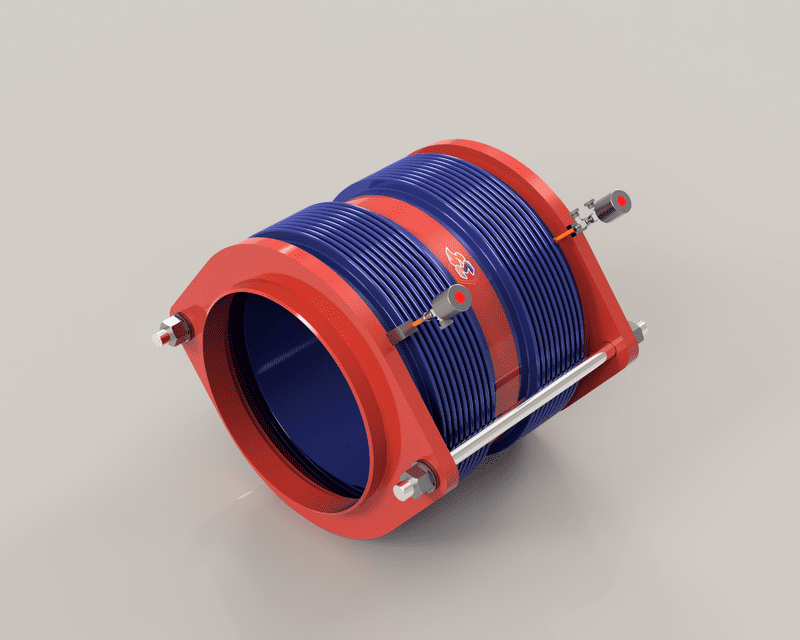
MUTW
Weld End
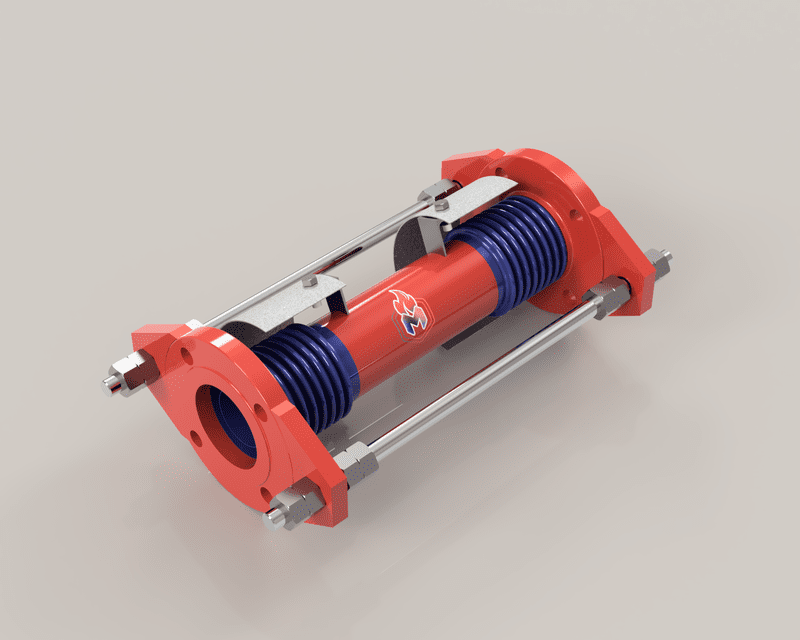
MUTF
Flanged
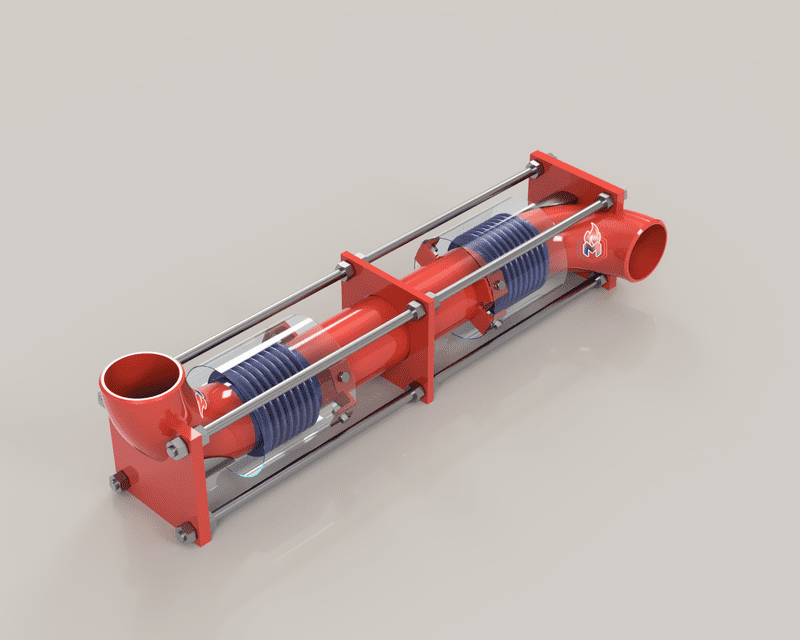
MUTF-E
Elbow
These expansion joints are made of one single bellows element fitted with welding ends or flanges plus a system of articulated supports which allow for angular movement
in one plane only. The hinge mechanism is designed to accept full pressure thrust.
These units do not allow axial movement however, some types of hinge systems can be provided with holes for the hinge pin that are slotted to allow limited axial
displacement. These “slotted hinge” types can not resist the pressure thrust forces and therefore proper anchorage must be provided.
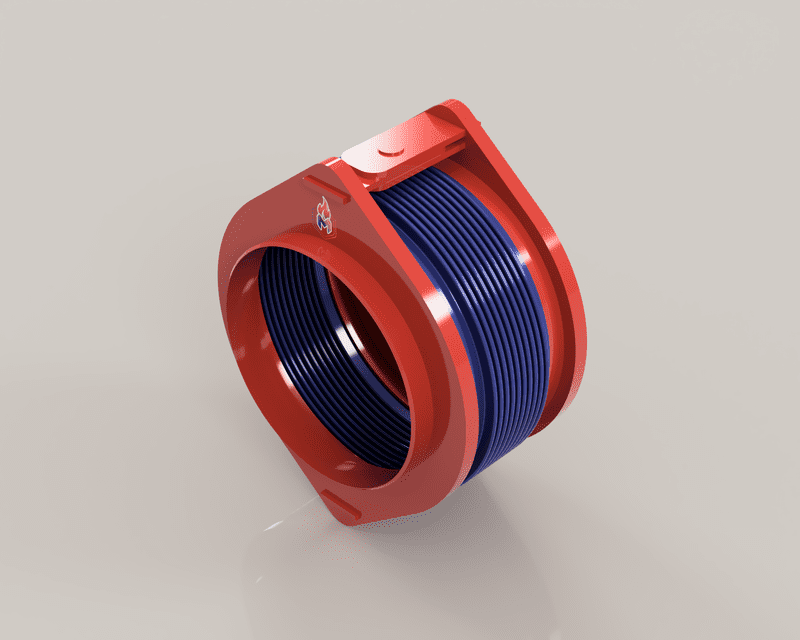
MSHW
Weld End
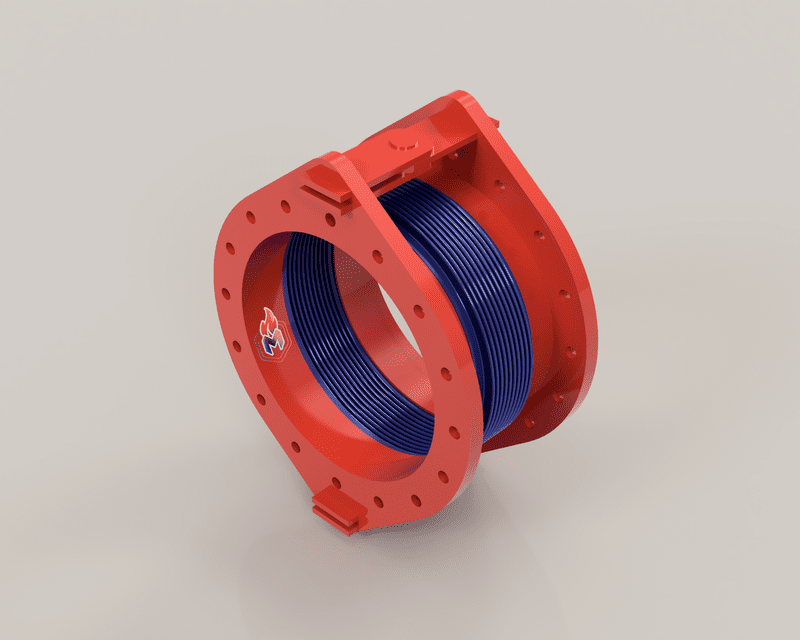
MSHF
Flanged
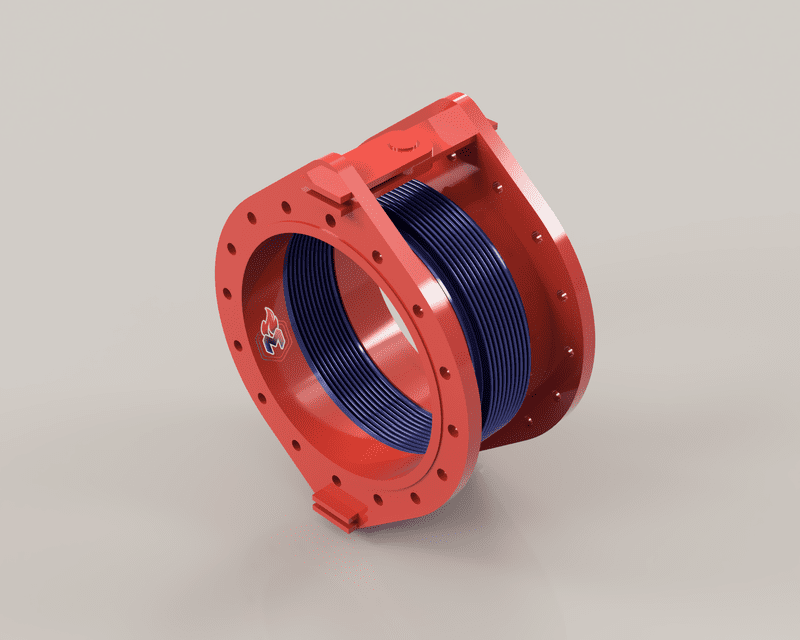
MSHR
Floating Flanged
This model is designed to absorb lateral and angular movements in only one plane.
It is made up of two bellows joined together by a linking pipe and fitted with welding ends or flanges plus a double articulated system.
The hinge mechanisms are designed to contain pressure thrust.
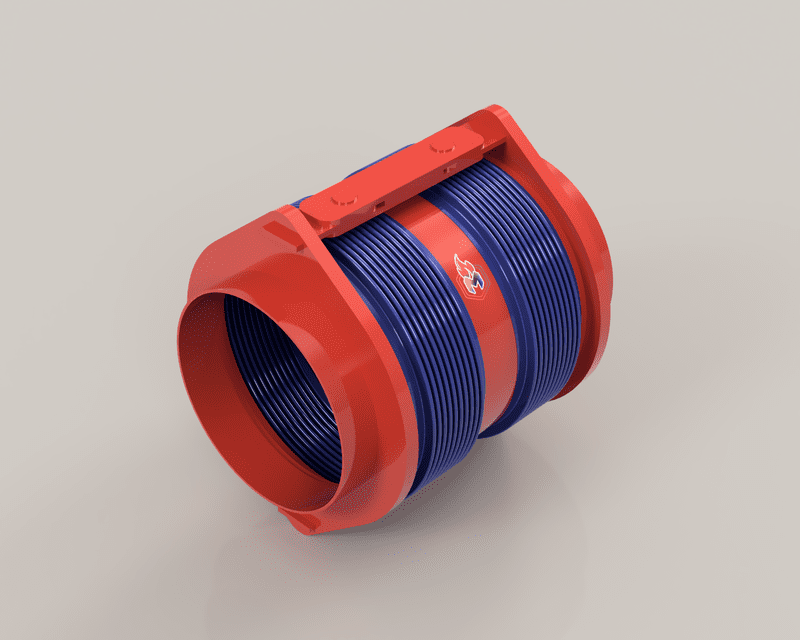
MUHW
Weld End
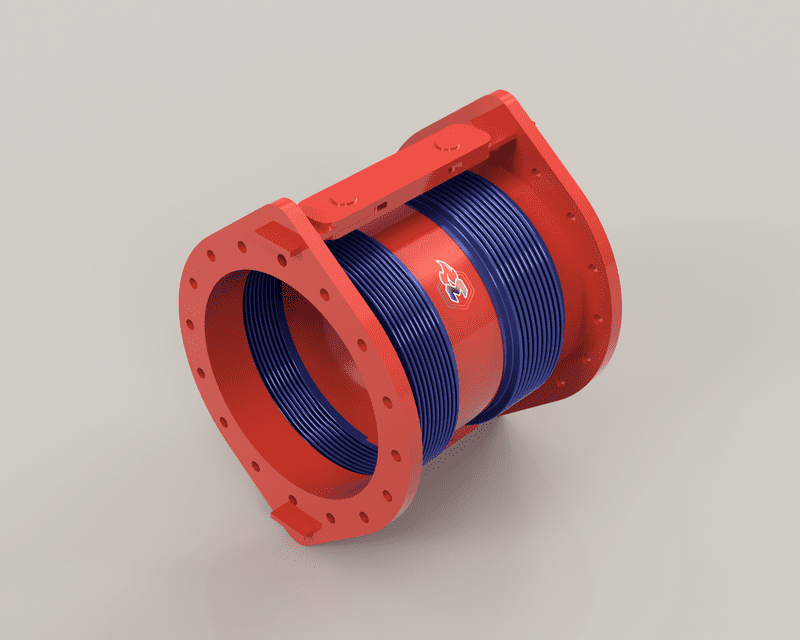
MUHF
Flanged
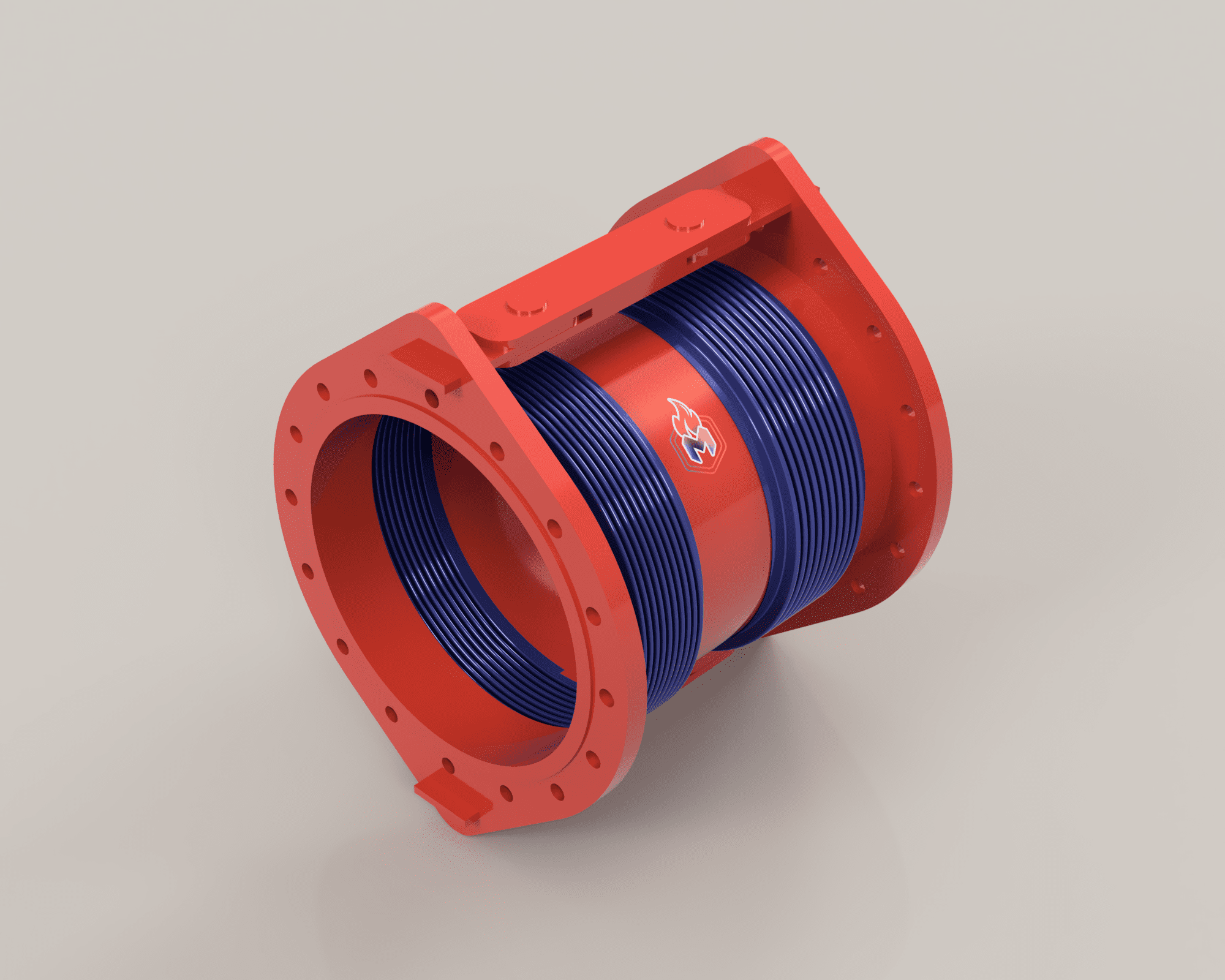
MUHR
Floating Flanged
Gimbal Expansion Joints are designed to allow angular movement in any plane by the use of two pairs of hinges affixed to a common floating gimbal ring.
The gimbal ring, hinged and pins are designed to restrain the pressure thrust due to internal pressure and shear forces.
A gimbal ring is either round or square. For round gimbals the torsional moment shall be considered and for square gimbals the instability due to the
bending shall be considered.
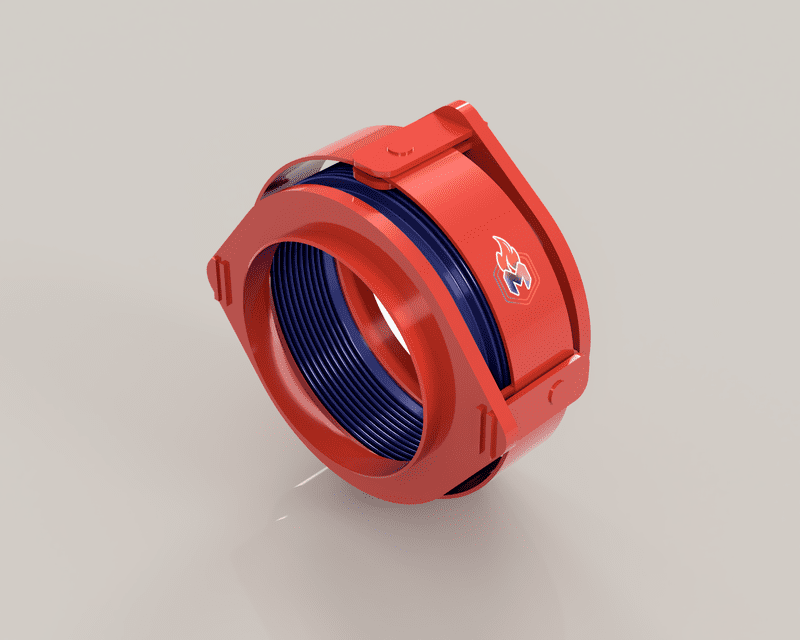
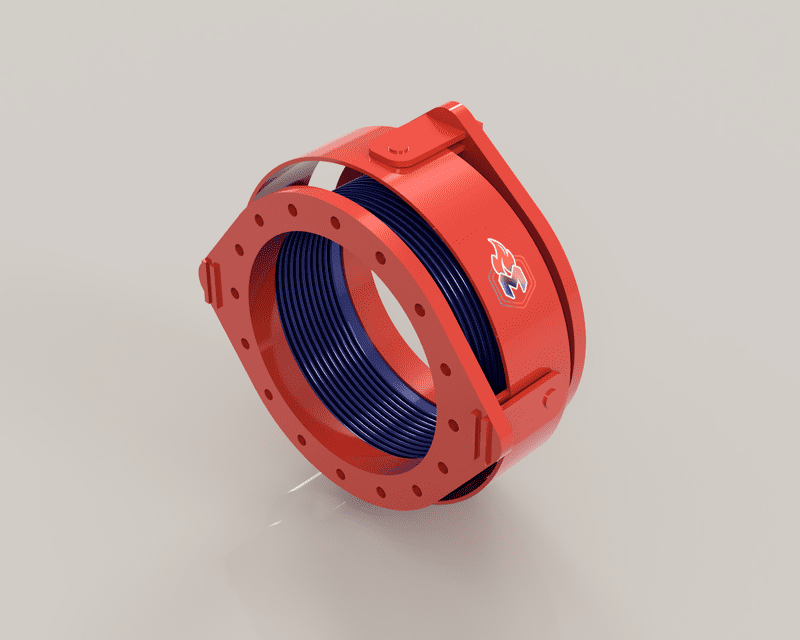
MSGF
Flanged
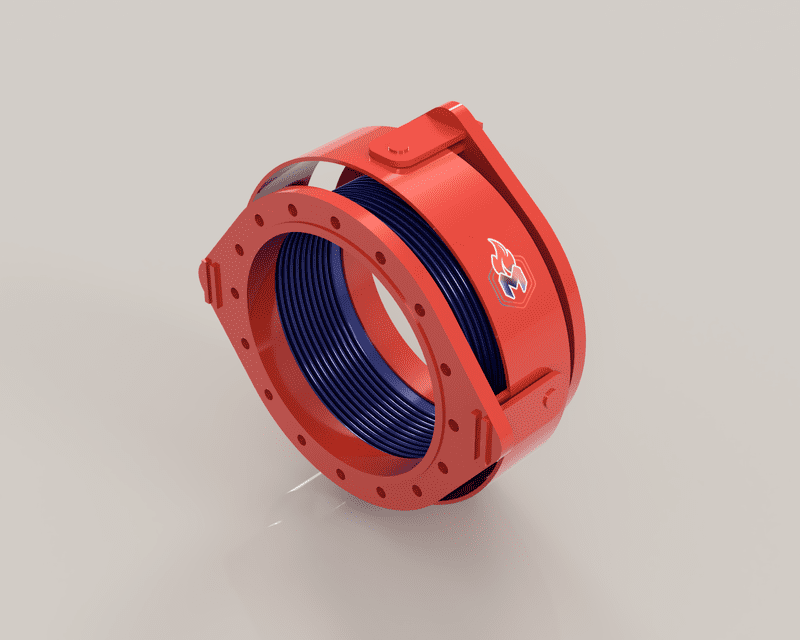
MSGR
Floating Flanged
Designed to absorb lateral and angular movements in any direction. This model is made up of two bellows joined together by a linking pipe and a double cardan system.
A double gimbal expansion joint is basically a two single gimbal expansion joints and an intermediate pipe that joins them. This type of Expansion Joint can absorb a large
lateral movement in any plane and angular movement in any direction.
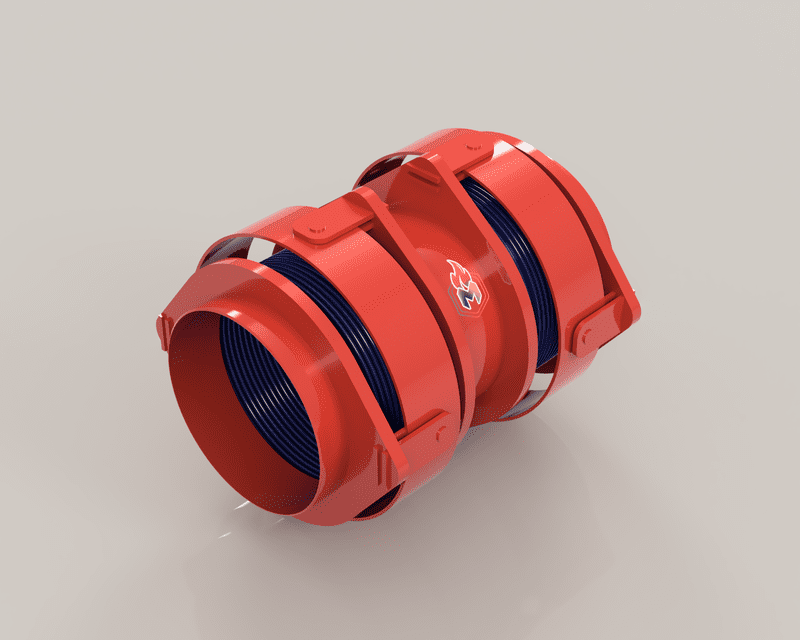
MUGW
Weld End
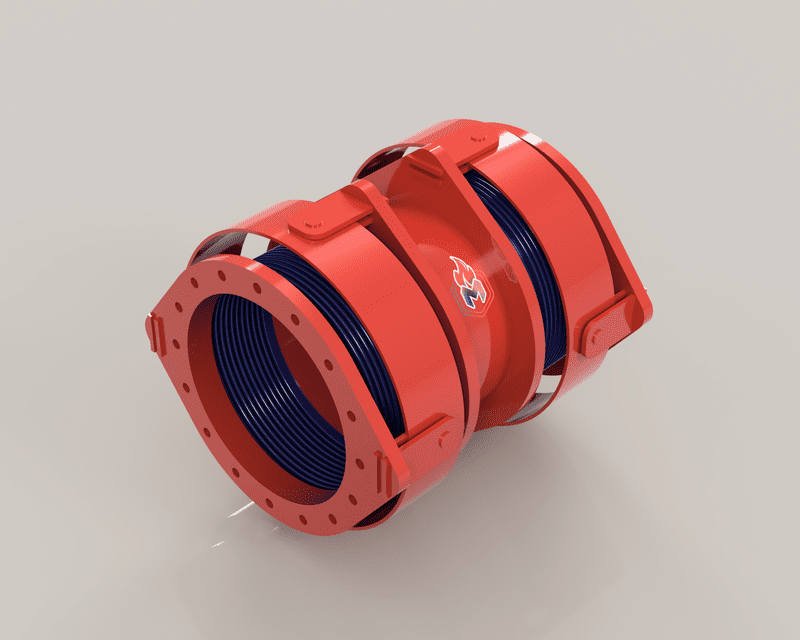
MUGF
Flanged
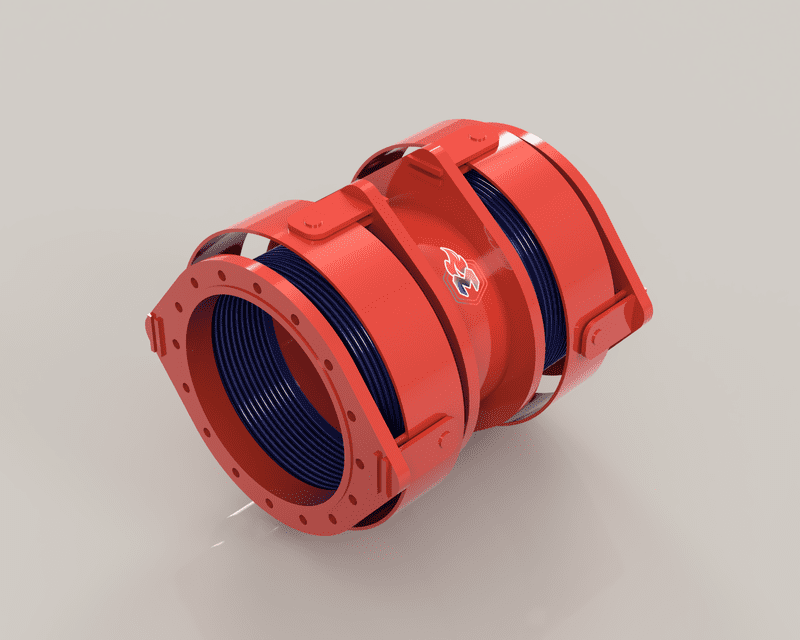
MUGR
Floating Flanged
Designed to absorb lateral movements in any direction and angular movements in one plane only. This model is made up of two bellows joined together by a linking pipe and a universal system of double articulated supports.
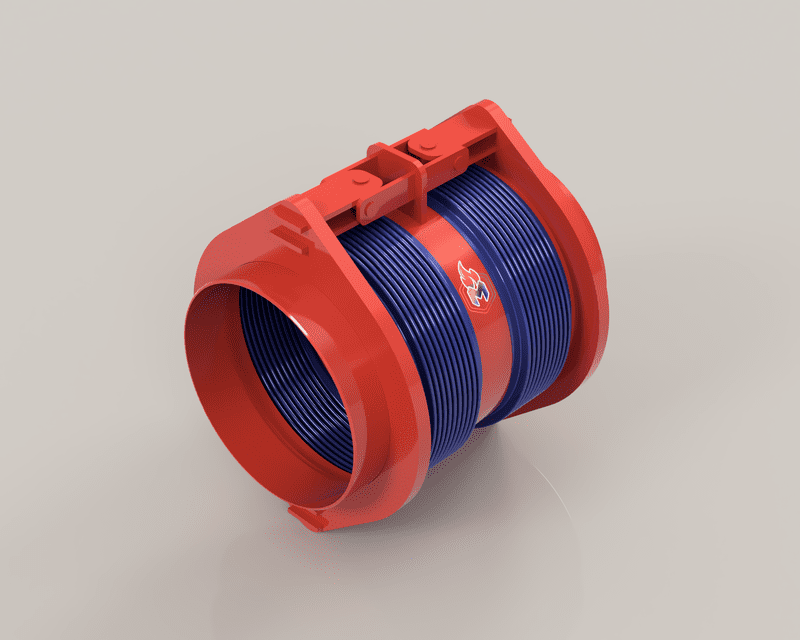
MUAW
Weld End
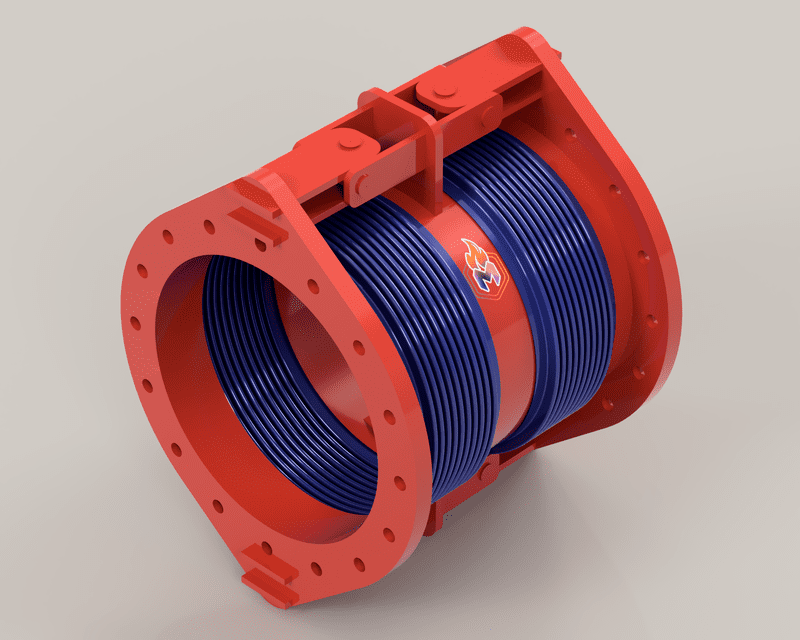
MUAF
Flanged
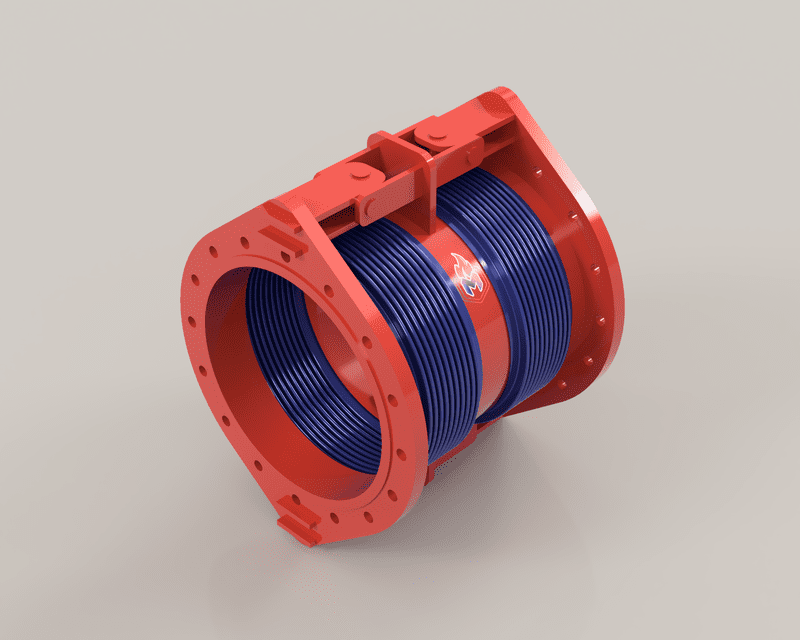
MUAR
Floating Flanged
Externally Pressurized Expansion Joints are designed such that fluid pressure acts on the outside of the bellows.
This model is mainly used in cases of high pressure and large amounts of axial compression and extension. When under
external pressure, the bellows will retain its shape and can be manufactured in almost any length.
When using internally pressurized expansion joints and for large movements the system should be divided into subsections,
as internally pressurized axial expansion joints tend to become instable with a great length. When the system allows their use,
expansion joints with externally pressurized bellows can be used, which permit larger movements, since external pressure
tends to stabilize the bellows.
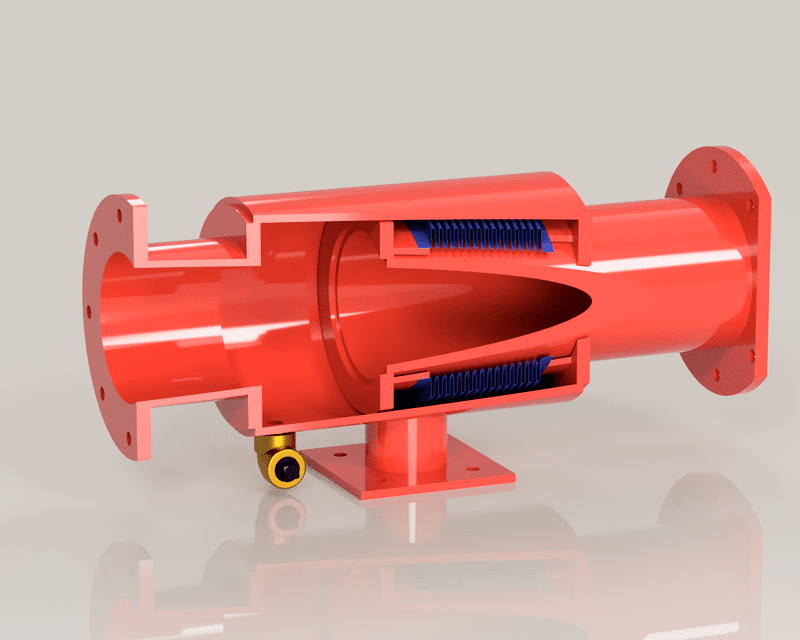
MEF
Section View
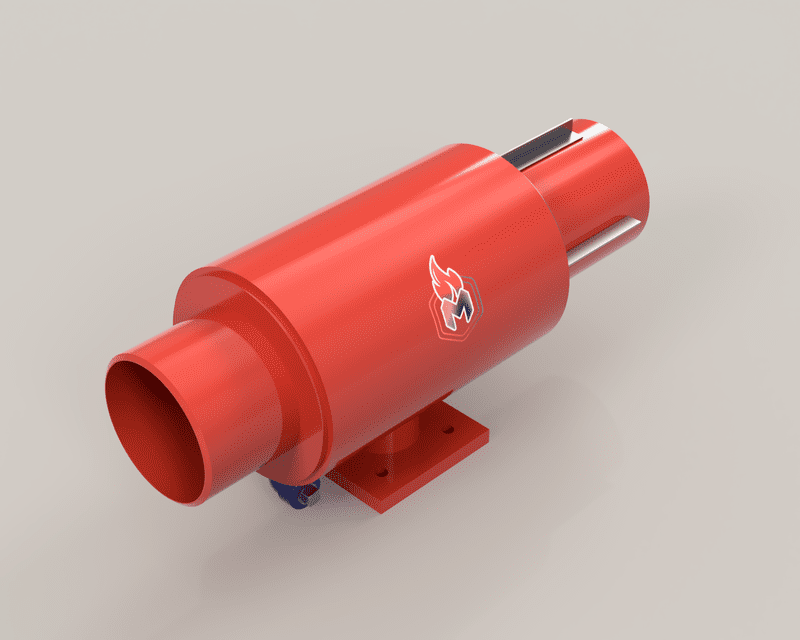
MEW
Weld End

MEF
Flanged
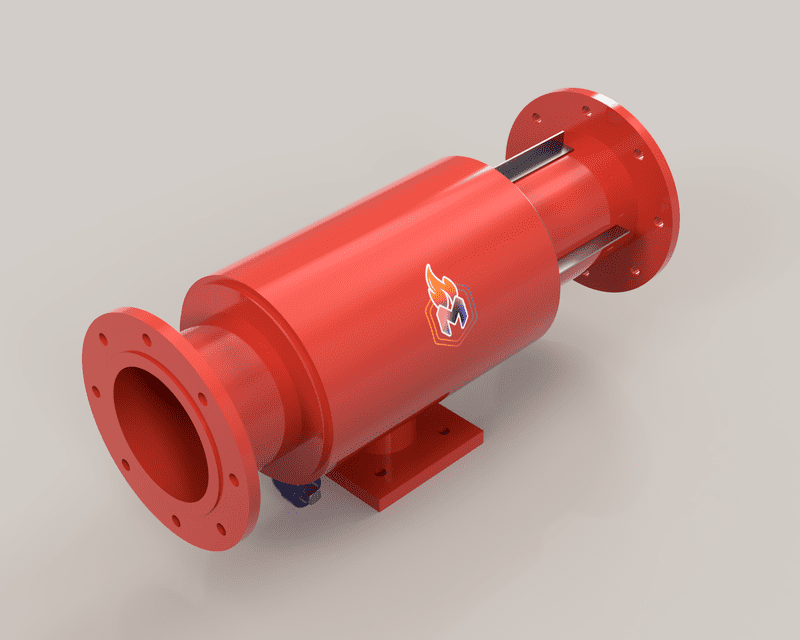
MER
Floating Flanged
A pressure balanced expansion joint accommodates axial and lateral movements and counteracts the bellows pressure thrust. An additional bellows is incorporated into the unit and is
subject to the line pressure to generate a force equal and opposite to that on the main bellows. Tying these bellows together neutralises the pressure load on the unit.
The Pressure Balanced Expansion Joints are used in situations similar to those described for the Axial and/or Lateral Expansions although this particular type of Expansion Joint offers
the additional advantage of not transferring the thrust caused by the internal pressure to the pipes or adjacent equipment. This characteristic is especially important when it comes to
joining the pipes to turbines or other delicate equipment which, by their nature, are unable to withstand these extra loads.
The only loads on the equipment are the sum of the forces required to move the line bellows and balancing bellows of the expansion joint.
This type of Joint can be fitted between intermediate fixed points so main anchoring of the pipe or adjacent equipment is not required.
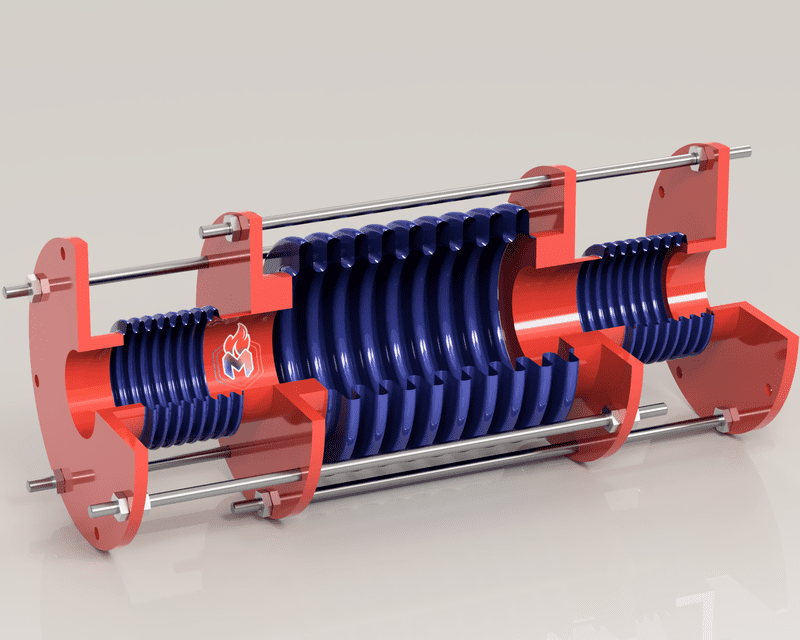
Pressure Balanced Inline Metal Expansion Joint
Section View
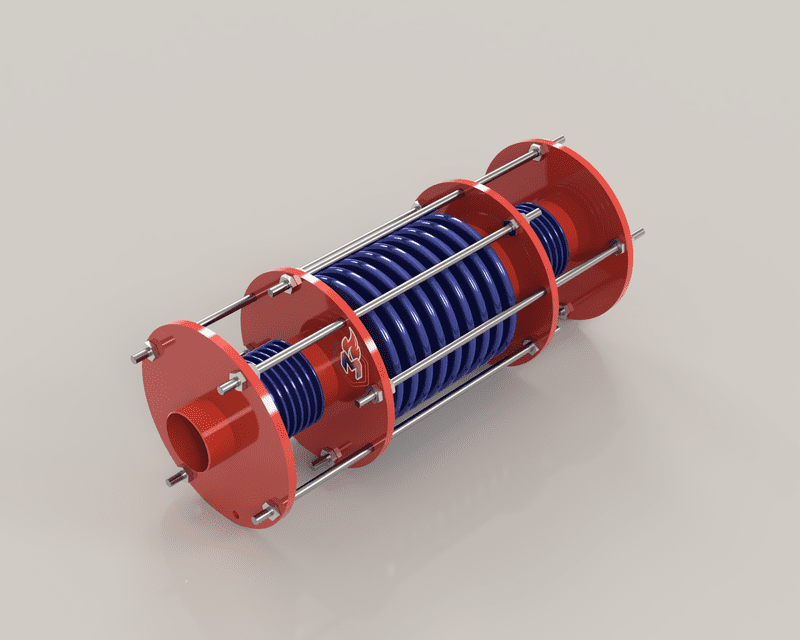
MPW-I
Weld End
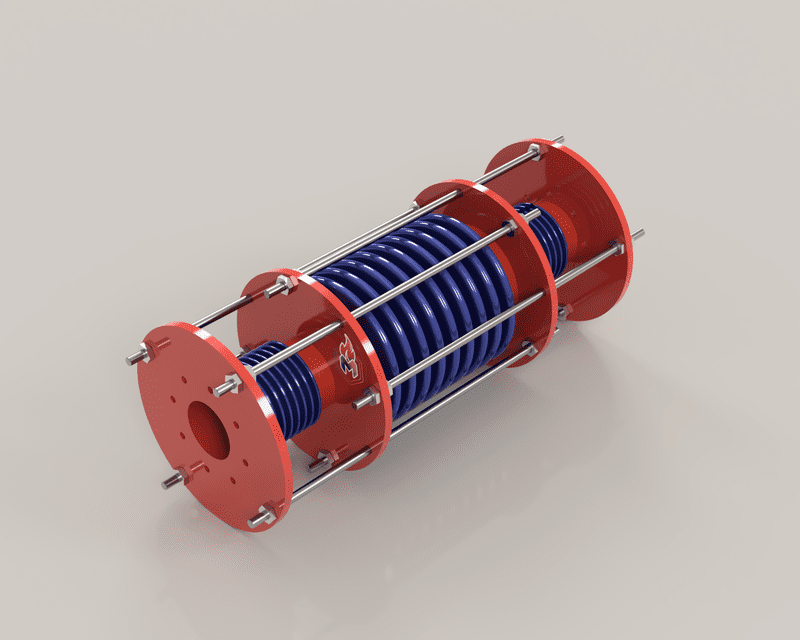
MPF-I
Flanged
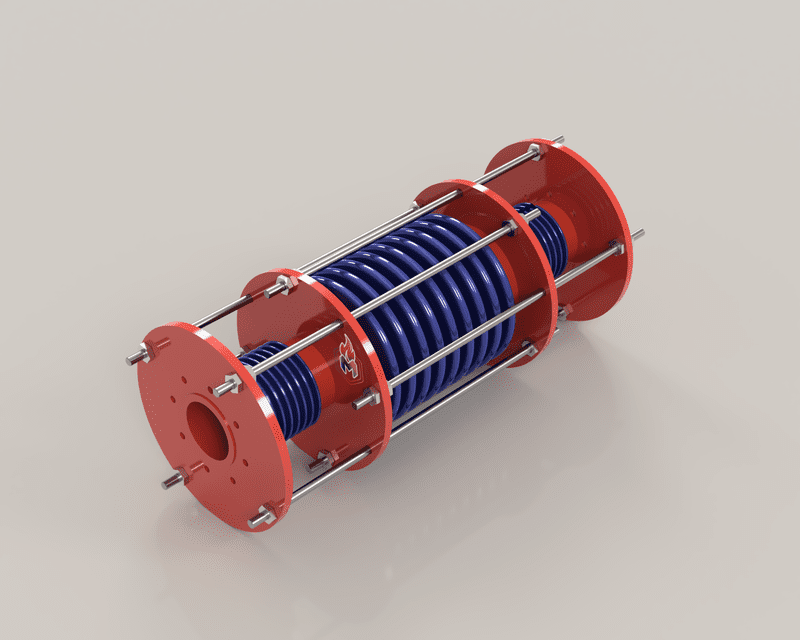
MPR-I
Floating Flanged
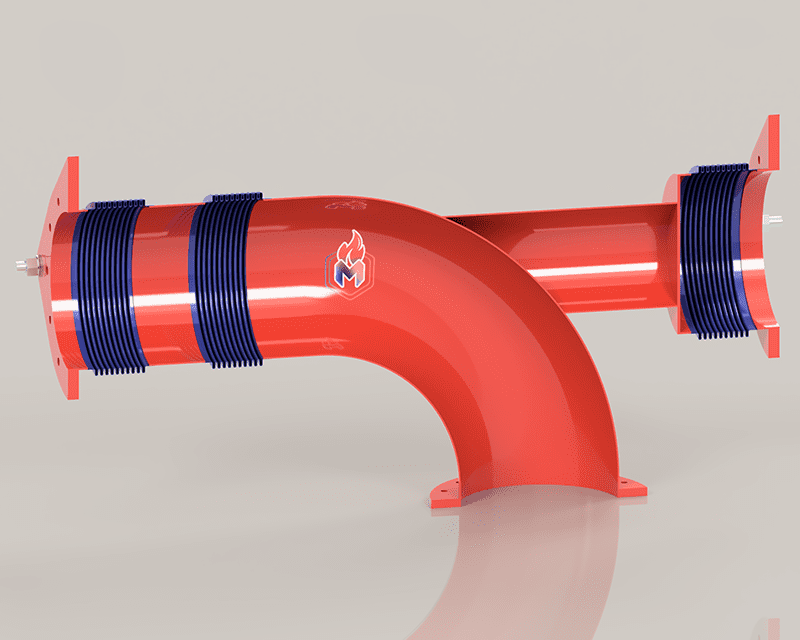
Pressure Balanced Elbow Metal Expansion Joint
Section Vİew
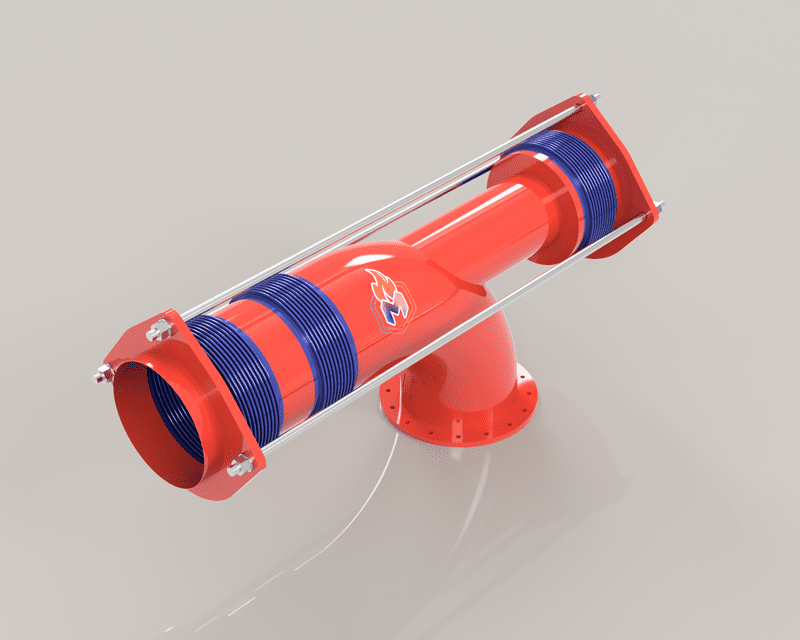
MPW-E
Weld End
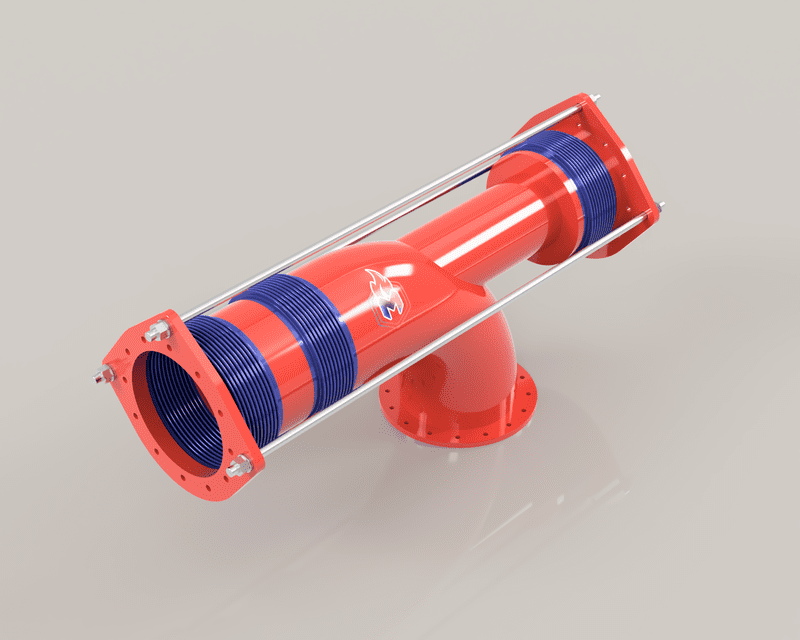
MPF-E
Flanged
Jacketed Expansion Joints are used in a set of particular circumstances such as when regular
insulation is not sufficient and when the main fluid has to be kept at a fixed temperature or
simply for security reasons.
This model involves using two bellows, one on the inside and one on the outside.
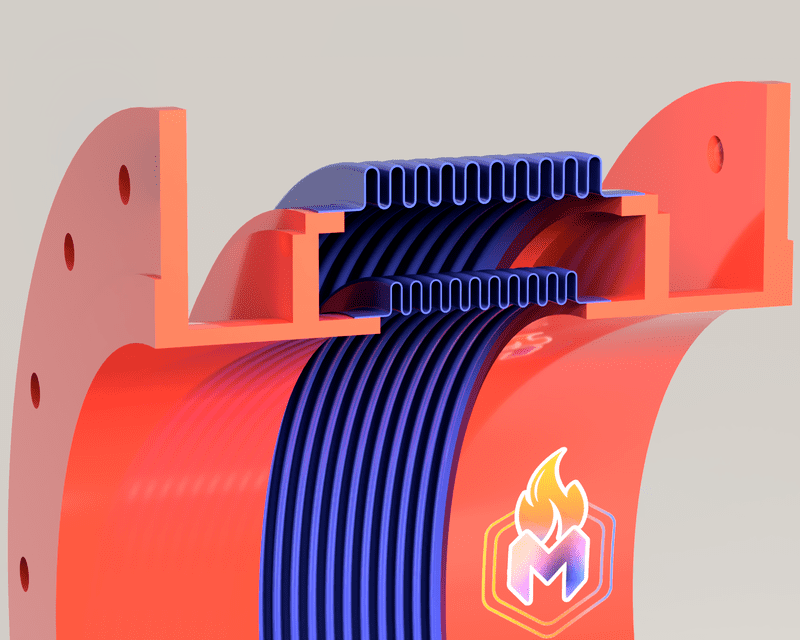
Section View
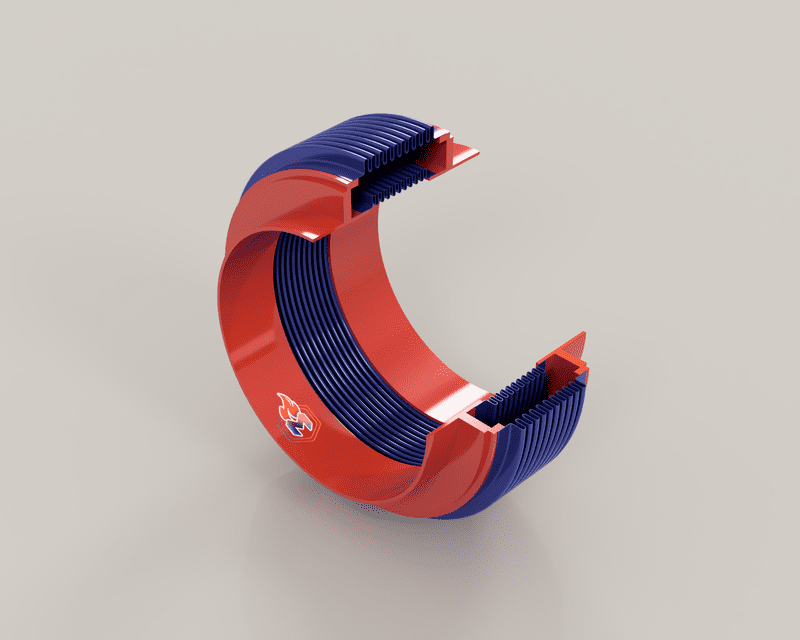
MJW
Weld End
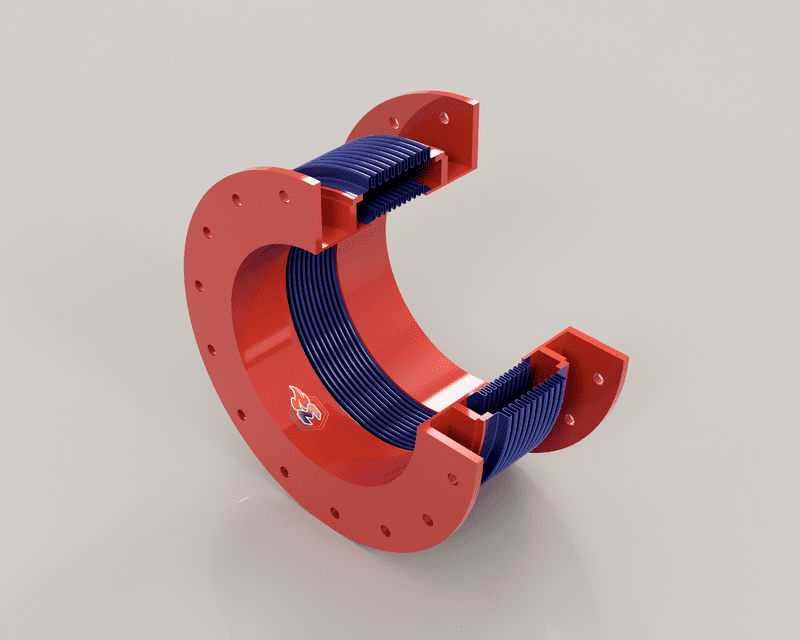
MJF
Flanged
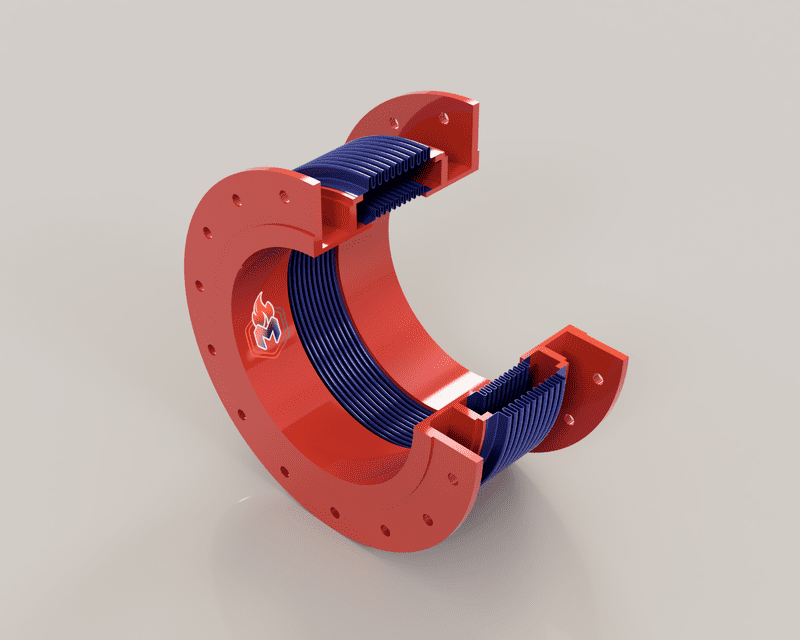
MJR
Floating Flanged
